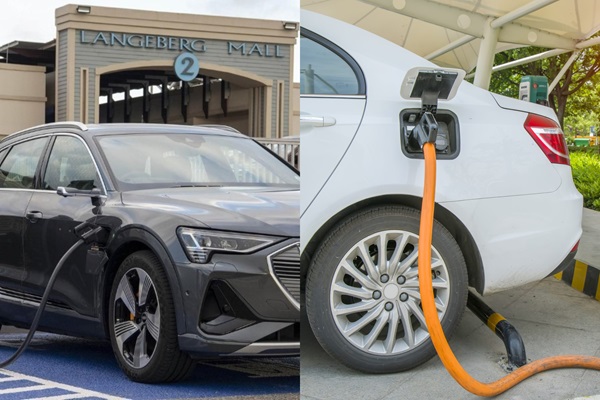In a landmark move for the country’s auto industry, the federal government yesterday named a dozen universities—two from each geopolitical zone—to spearhead the design and assembly of fully electric vehicles. The announcement came from Mr. Oluwemimo Osanipin, Director-General of the National Automotive Design and Development Council (NADDC), during a stakeholders’ meeting in Uyo, Akwa Ibom State.
Osanipin explained that this initiative sits at the heart of President Bola Tinubu’s “First Nigeria” policy, with financing to be provided by the Bank of Industry and partner institutions. Under the programme, each chosen university will collaborate on what Osanipin called the “University Shuttle Bus,” a 100 percent electric vehicle whose design, interiors and many components will be made within Nigeria.
“Today we are not just talking about importing parts,” Osanipin said. “We are committed to local component manufacturing—everything from plastic fittings to brake systems. By leveraging our petroleum by-products, we can build parts here at home, service the vehicles we produce, and eventually the millions already on our roads.”
In preparation, the federal government has already installed charging stations at ten of the selected campuses, ensuring students and researchers can test and refine their prototypes in real-world conditions. Osanipin noted that no major automaker manufactures every component in-house, and Nigeria’s strategy will follow the same model: universities will focus on design and key assemblies, while local suppliers provide engines, electronics and other parts.
The twelve universities will now begin intensive design workshops, working closely with Nigeria’s established auto assemblers and leveraging low-cost financing from the Bank of Industry. Once the university teams complete their shuttle bus designs, NADDC will coordinate with industry partners to move into small-scale production.
“This is the first step toward a fully homegrown electric vehicle industry,” said Osanipin. “We envision a future where Nigerian-designed electric cars run on Nigerian roads, powered by Nigerian parts.” As the programme moves forward, officials expect it will create skilled jobs, foster new technical expertise and cement Nigeria’s role as an emerging hub for green mobility.
With campuses already buzzing and charging stations feeding clean power into research labs, Nigeria’s electric vehicle revolution has moved from vision to action—powered by the next generation of local engineers and designers.

